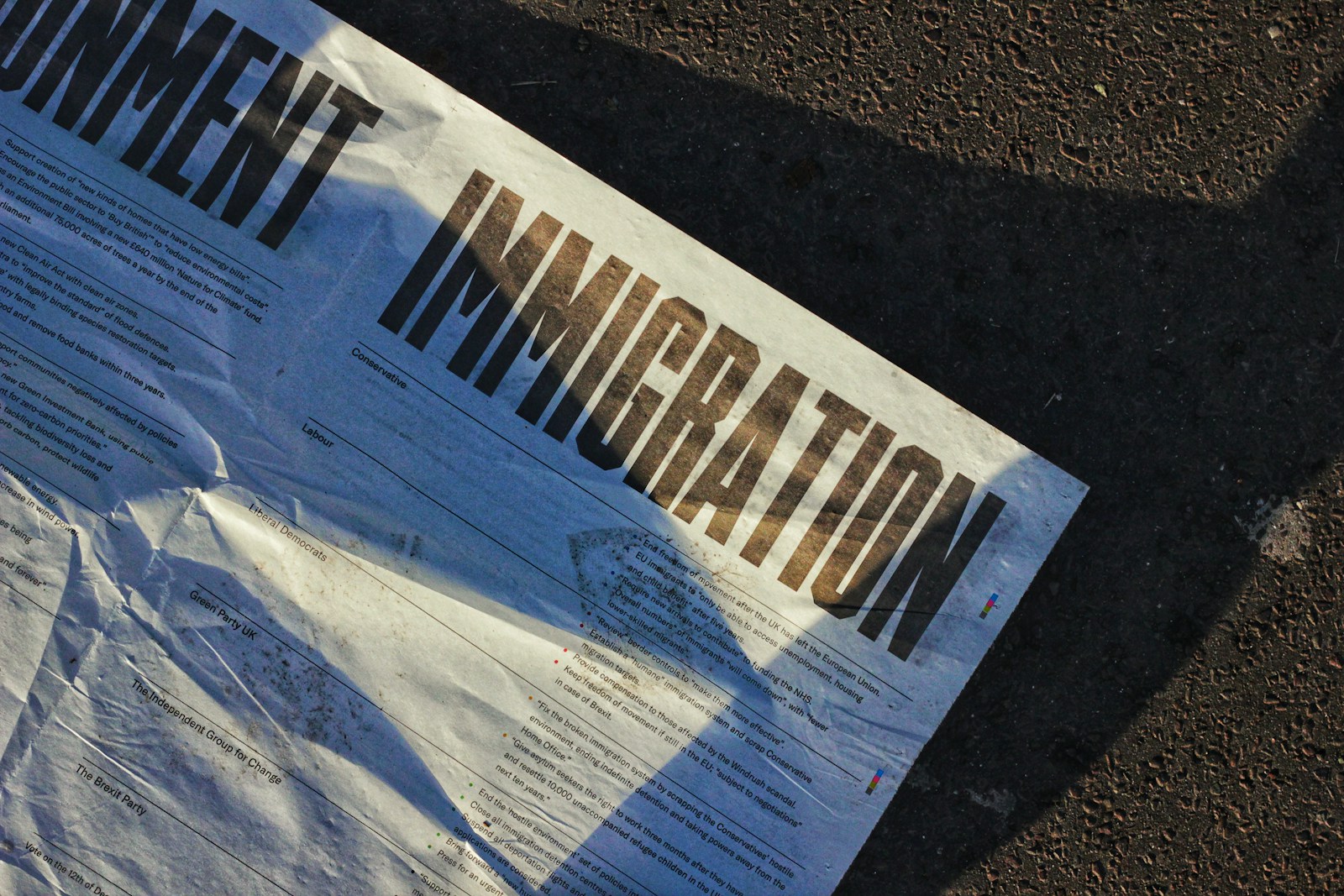Key Takeaways
- The U.S. does not track how many Americans detained by immigration agents.
- Over 170 incidents this year involved Americans detained during raids or protests.
- Many people were held without phone calls, lawyers, or family contact.
- Most cases against Americans detained were dropped or never filed.
The government says it rarely holds citizens. Yet dozens of Americans detained have shared painful stories. They faced force, long holds and fear. As a result, many wonder why this trend grows.
Understanding the Hidden Numbers
No official count tracks Americans detained by immigration officers. So investigative reporters created their own tally. They found more than 170 cases in nine months. Even this number likely misses some incidents. Many were Latino, but citizens of all backgrounds suffered.
Moreover, immigration agents have limited legal power. Agents can briefly hold someone they suspect is in the country illegally. Still, agents must release citizens once they prove their status. Yet dozens stayed in custody for days. Some could not call lawyers or loved ones.
Stories of Abuse, Delay, and Dismissal
Across the country, passionate videos show Americans detained by force. One man filming a raid saw agents knock him down. They ignored his proof of citizenship. He spent an hour in handcuffs before release. In another incident, agents tackled a 79-year-old car wash owner. They pressed their knees into his neck and back for 12 hours. He had broken ribs and recent heart surgery.
A pregnant woman faced similar treatment. Agents held her in the rain in her underwear. They blew off her front door, even while a government official watched. In protest sites, agents grabbed shoppers, family members, and workers. They held them for up to three days. Many could not ring a single call.
In most cases, charges against Americans detained never stuck. Nearly half of those arrested saw their cases dropped. Only a few pleaded guilty to minor offenses. Yet the trauma of detention often lasts longer than the legal record.
Why This Spike Is Happening
Experts point to large-scale sweeps across U.S. communities. Unlike past officers who used targeted intelligence, today’s raids target entire neighborhoods. Agents flood workplaces where undocumented immigrants work. Citizens caught in the sweep get swept up too.
Furthermore, the government told agents to treat protests against raids as illegal interference. Any person filming or resisting can face arrest. As a result, elected officials, journalists, and veterans found themselves detained. In one raid, a veteran security guard was held three days. His family only found him after spotting him in a TikTok video. Agents knew he was a citizen, but they “didn’t care,” he said.
In addition, policies now allow agents to consider someone’s appearance or accent. The Supreme Court recently ruled agents may use race to choose who to stop. Officials claim they free citizens once identified. However, reports show agents often dismiss real IDs and Social Security cards.
What Can Be Done
First, the U.S. must track incidents of Americans detained. Transparency could highlight abuse and lead to change. Next, agents need clear training on citizens’ rights. They must learn to spot valid documentation quickly.
Moreover, oversight offices should fully investigate complaints. Many victims cannot sue federal agents easily. Strong watchdogs could fill that gap. Congress can also demand data and push for policy updates. Already, over 50 lawmakers have asked for answers.
Finally, communities can support affected families. Legal aid groups offer free representation. Advocacy groups raise awareness through social media. Solidarity helps victims feel less alone and puts public pressure on officials.
By shedding light on these cases, people can push for a system that respects rights. Otherwise, any citizen could be next.
Frequently Asked Questions
What can I do if I know someone who was detained by immigration agents?
Offer support by connecting them with a lawyer or local immigrant rights group. Encourage them to document the incident with photos and notes. Publicizing the story can also pressure authorities.
How long can agents legally hold U.S. citizens?
Federal rules say two days is generally the maximum without charges. Yet some citizens report being held longer. If you are detained, ask to call a lawyer immediately.
Why are so many cases against Americans detained dropped?
Many arrests happen in error or without solid evidence. Once reviewed, prosecutors often see no crime occurred. That leads to dropped charges or dismissals.
Could these raids affect future immigration policies?
Yes. Public outcry and legal challenges can force changes. Lawmakers might pass new rules to protect citizens and noncitizens alike. Community advocacy plays a key role.
